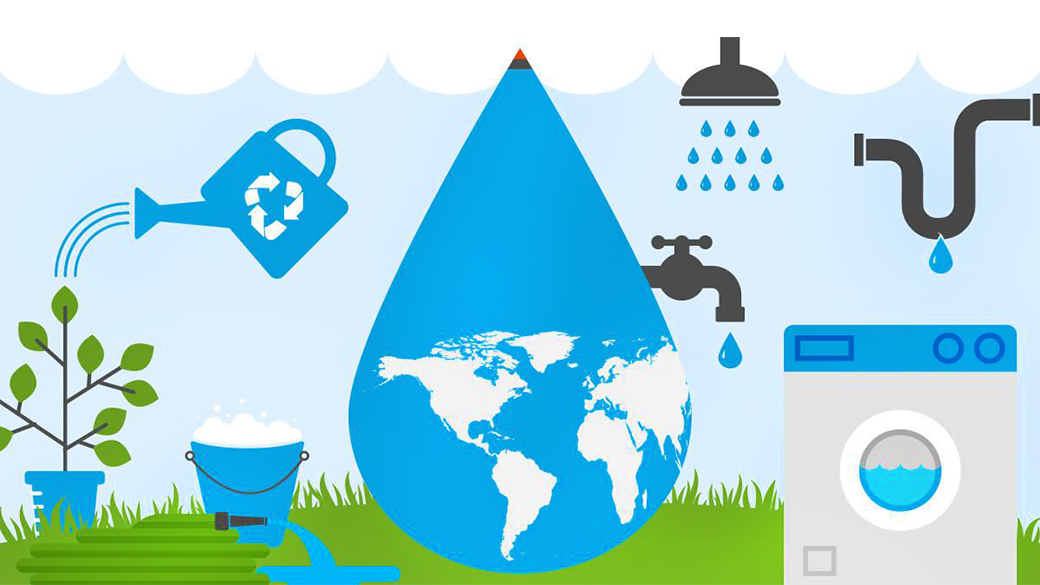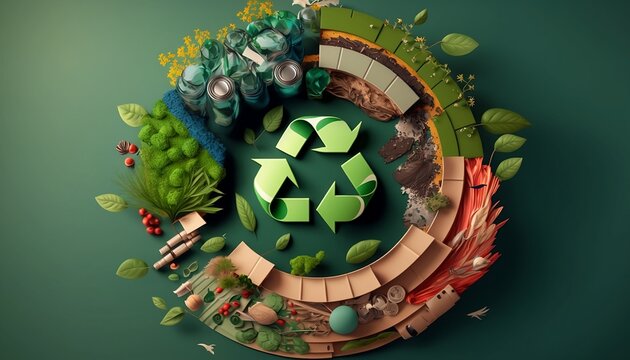Addressing the Water Crisis in Karachi
Karachi’s water scarcity affects millions, with limited access to clean drinking water due to outdated infrastructure, overpopulation, and mismanagement. Many communities rely on expensive water tankers, while some face prolonged water shortages. This crisis impacts health, hygiene, and overall quality of life, particularly for low-income neighborhoods.
Addressing these issues requires infrastructure upgrades, efficient water management, and public awareness. Our mission is to connect with individuals, organizations, and government bodies to develop sustainable solutions and improve water access for all Karachi residents.



